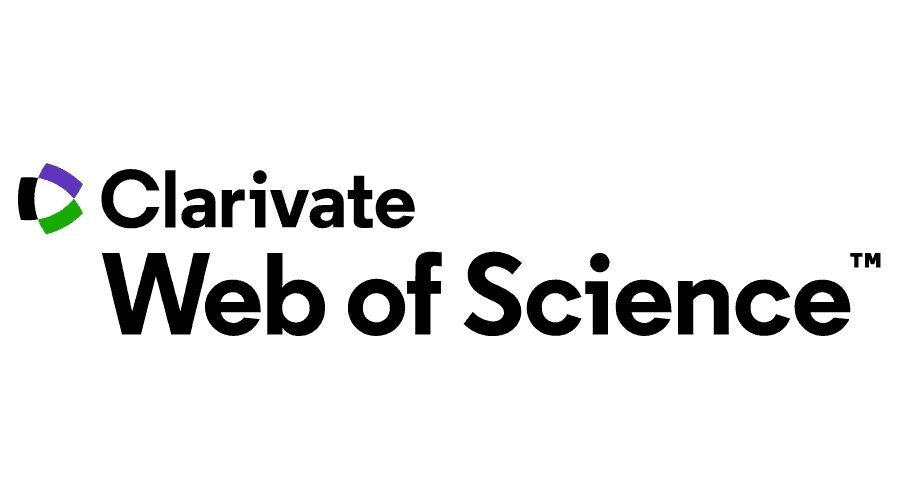Role of Inclusive Education in Promoting Equity in Education: Teacher’s Perspectives
DOI:
https://doi.org/10.1234/qr.v24.i1.05Keywords:
Inclusive Education, Equity, Education, Teacher’s PerspectivesAbstract
Inclusive education is a powerful strategy to promote equity in the education system. This study was conducted to identify and highlight the role of inclusive education to promote equity in education from the perspectives of teachers. The research was quantitative and descriptive. A sample of 143 teachers was taken from public and private special/general education schools using simple random sampling. A validated self-developed questionnaire (α= 0.78) was employed for data collection. Descriptive statistics suggest that inclusive education promotes equity by providing equal opportunities to learn and succeed for all students regardless of their backgrounds and abilities. It recognizes and value the unique needs and abilities of each student, fostering mutual respect, understanding, and appreciation for different cultures, languages, and abilities. Inferential statistics (t-test & One-way ANOVA) showed no discrepancy in the opinion of respondents at the basis of gender and department. Teacher training programs should be conducted to enhance their knowledge/skills in implementing inclusive education practices.




